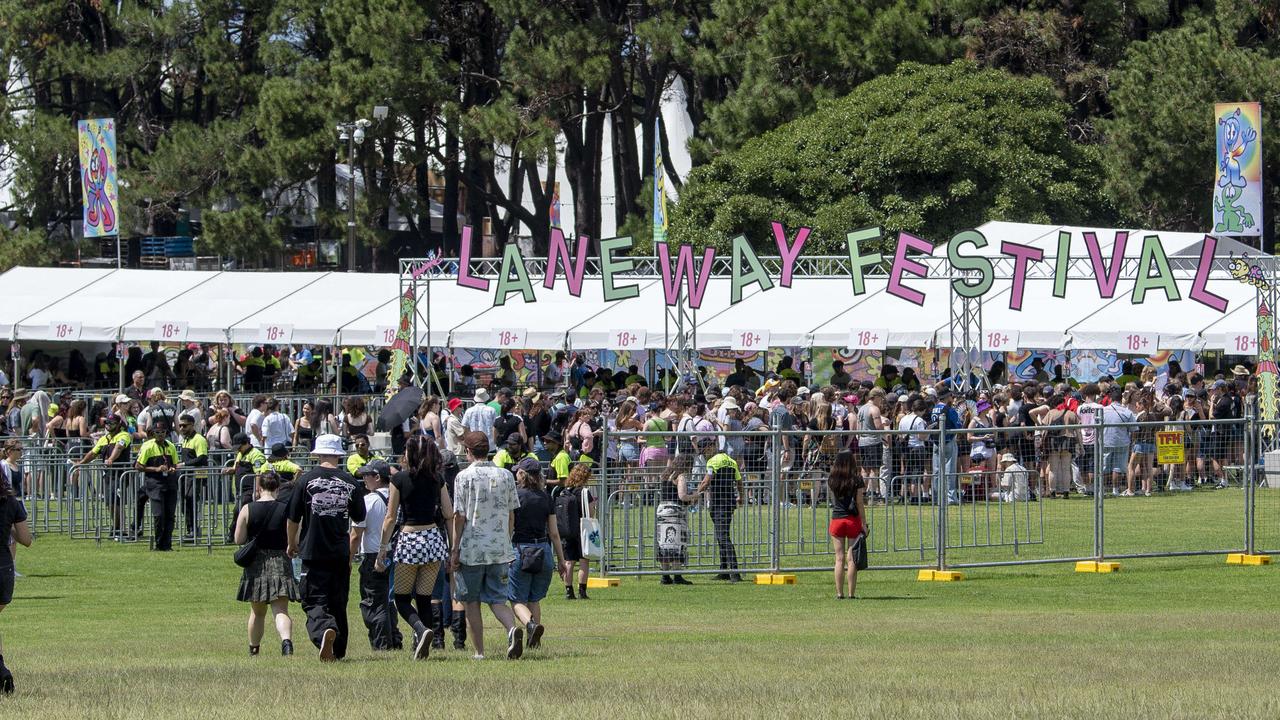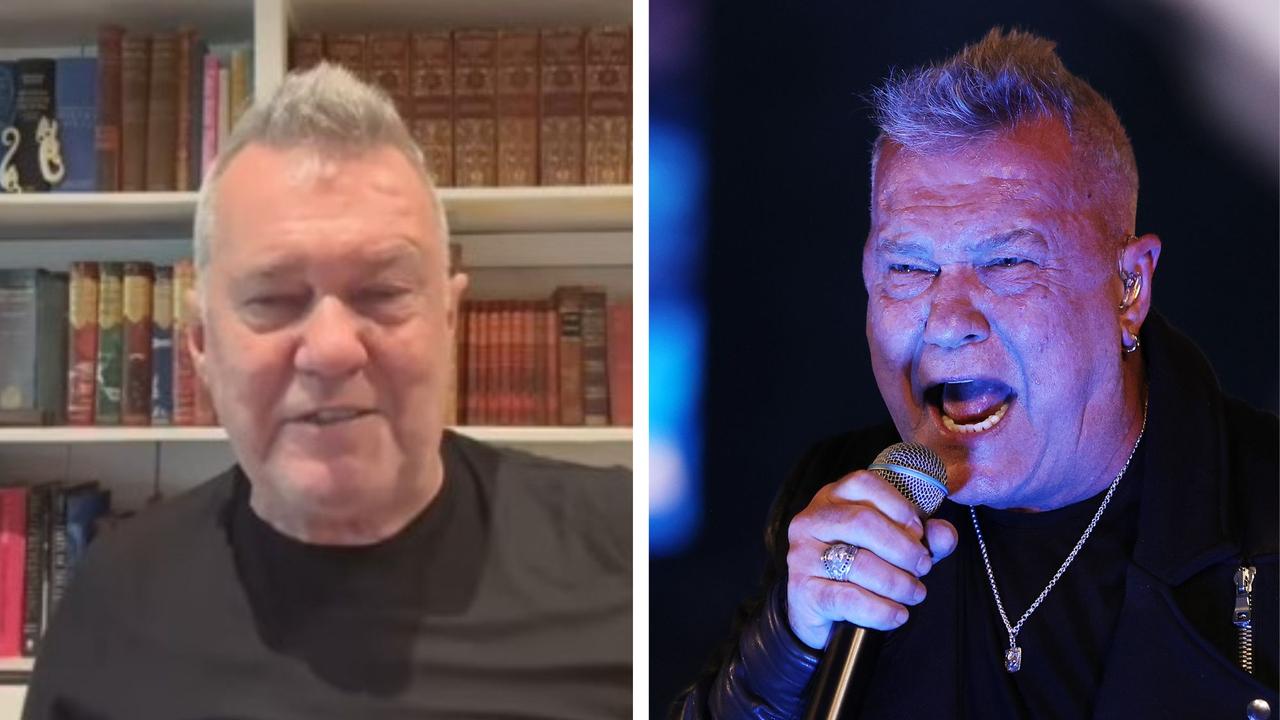How Prince made the music matter
HE MAY have sold more than 100 million records, but Prince was a rebel. This is how he demolished music’s rules.
Music
Don't miss out on the headlines from Music. Followed categories will be added to My News.
THE world has lost another musical giant this morning, with the passing of Prince Rogers Nelson.
As with any artist who has constantly reinvented themselves while staying relevant and maddeningly prolific, it will take years for the full scope of what Prince has achieved to be put in proper perspective. Even then, he will probably be criminally underrated.
Prince’s debut album For You was released in 1978 — a slinky mix of funk and R’n’B that didn’t trouble the charts, and showed very little of what was to come next. The public struggled to keep up with his intense recording pace, producing a further 38 studio albums that run every stylistic gamut possible. Many were double or triple-disc efforts, and even more recorded under various pseudonyms, both male and female.
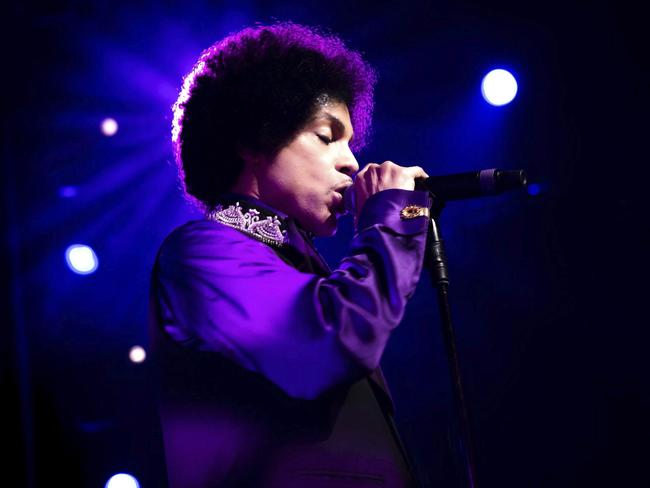
He produced his records himself at his own Paisley Park Studios without any record company involvement, often playing all the instruments too. He cared little for the traditions of pop music or the demands of the industry. When Doves Cry was a massive dance hit despite having no bass line. He followed up the epic Purple Rain album — routinely regarded as his finest musical moment — with a weird psychedelic album inspired by a tiny LA indie music scene that traversed the sounds of the ’60s.
His lyrics were often shockingly sexual, as were his video clips, often banned by MTV — the very machine that made him famous. He shunned the mainstream media, rarely giving interviews, and never allowing his words to be recorded by journalists. At his commercial peak he decided to record the soundtrack for Tim Burton’s Batman and somehow sold a massive 11 million copies. He changed his name to an unpronounceable symbol, mere months after releasing a rap single called My Name Is Prince. Prince did whatever he wanted.

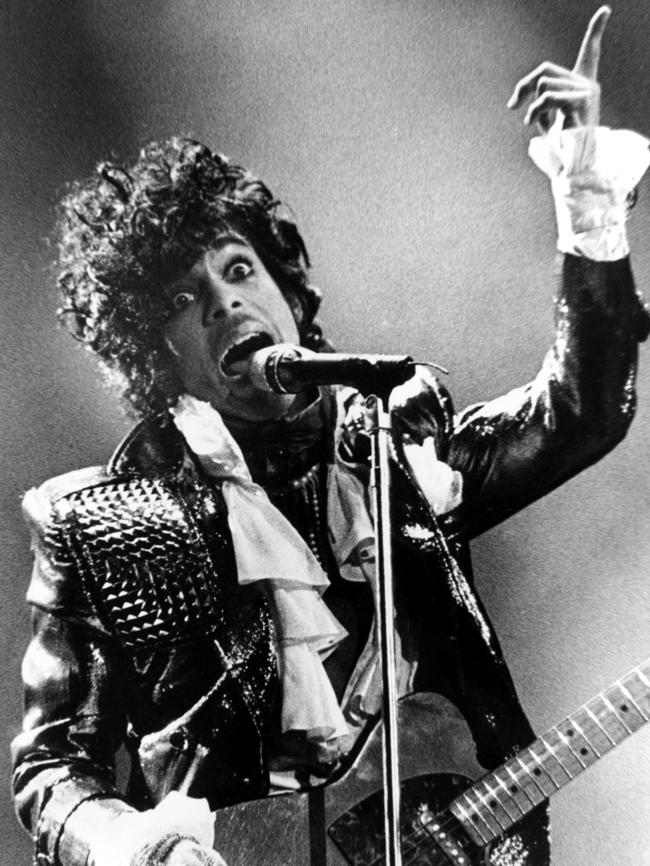
Prince flirted with gender norms — with the still shocking Lovesexy nude album cover; with pitching his voice up and recording albums under the name “Camille”; even his use of live female drummers was viewed as controversial in the ’80s. He wrote a pop hit for The Bangles, Manic Monday, which was kept off the number one spot in the US by his own single, Kiss. Sinead O’Connor had her biggest success with Nothing Compares 2 U, a song Prince wrote and had all but discarded; he never recorded his own studio version of it, even after Sinead made it a modern classic. He recorded 15 albums since 2000, testing distribution modes that ranged from ticketing bundles and online ordering forms, to literally mounting copies to the cover of the Mail On Sunday in the UK. Anyway Prince could release his music at the pace he wished worked well for him.
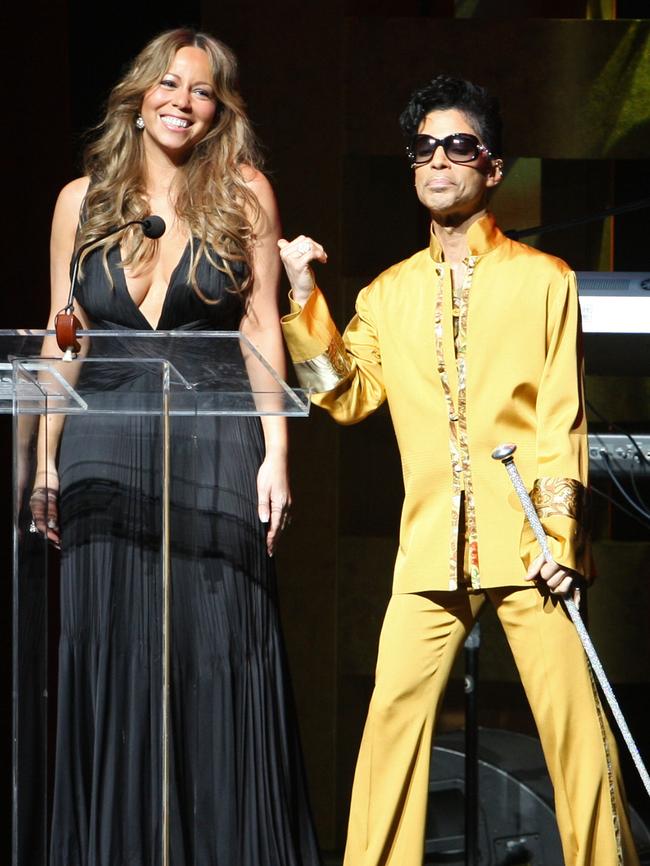
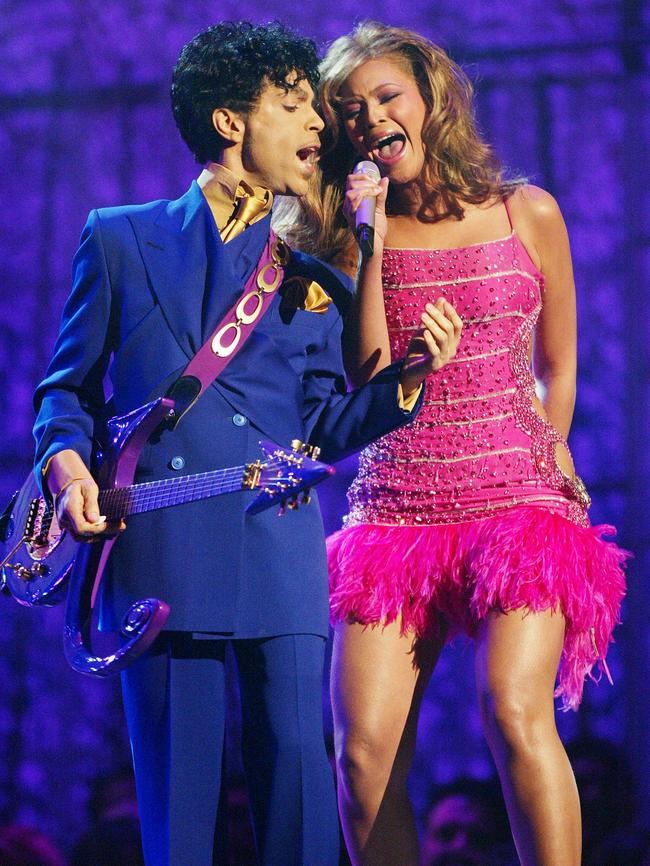
Prince was also a crusader for artist’s rights. In 1993, when attempting to renegotiate his contract with Warner Bros — they weren’t happy with the speed at which Prince wished to record and distribute his music — he changed his name to an unpronounceable symbol and began appearing in public with the word “slave” on his face. Last August while discussing Tidal, he again referred to labels as “slavery”, claiming they turn artists into “indentured servitude” and urging young artists, “don’t sign”.
Despite his seeming disdain for the internet — there were numerous years where you simply couldn’t find any of his music online — Prince was actually a pioneer of the format, and saw the possibilities of the medium while other artists were complaining about Napster and illegal downloads. In 2001 he launched his own NPG Music Club — an embryonic musical subscription service that gave fans exclusive music, and ticketing opportunities to fan-only shows. Long before podcasting broke, he hosted a weekly online radio show. In 1997 he was the first major artist to put out a full-length album as an online-only release, a model he repeated over the years. What is now his final album, HitnRun Phase One, was originally released as a Tidal exclusive.
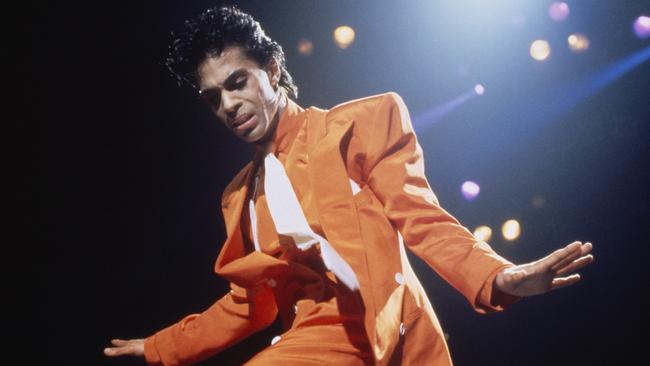
Earlier this year he came to Australia and performed to intimate audiences with only a piano and a microphone. After a career spent inventing, popularising and then dismantling genres, recording experimental records under various pseudonyms, pioneering production techniques, and truly forging his own sonic path, it is nice that in his final months it was the songs themselves that Prince seemed most interested in showcasing. And, fittingly, it will be these songs that outlive Prince — or indeed any of us.
RIP.
Follow Nathan Jolly on Twitter @nathanjolly
Originally published as How Prince made the music matter

